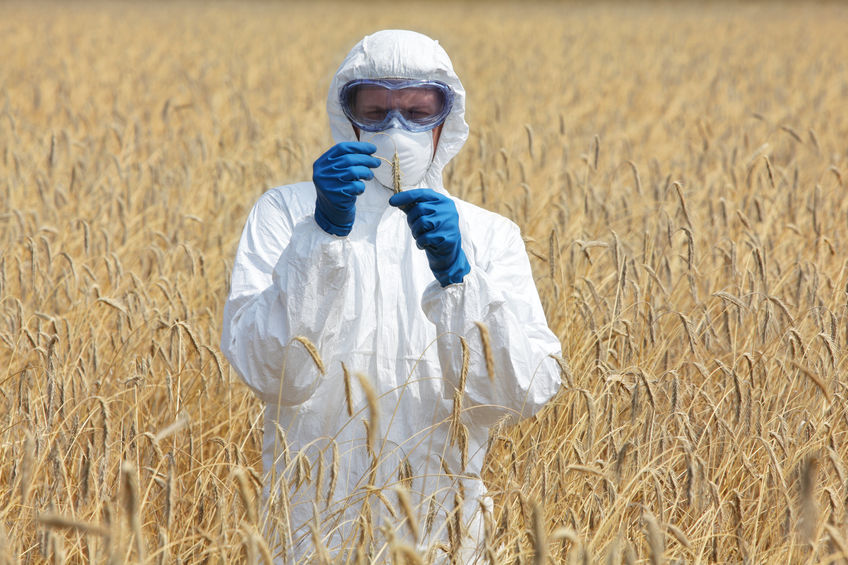
Researchers have applied to Defra for consent to conduct field trials of genetically modified (GM) wheat and gene-edited Brassica.
The two small-scale field trials are planned to take place at the John Innes Centre on the Norwich Research Park between April and September in each year from 2019 to 2022.
The wheat trial follows research at the John Innes Centre that identified a gene, TaVIT2 which encodes for an iron transporter in wheat.
The scientists used this knowledge to develop a wheat line in which more iron is directed into the endosperm, the part of the grain from which white flour is milled.
Iron deficiency or anaemia is a global health issue, but the iron content of staple crops such as wheat has been difficult to improve using conventional breeding, and as a result many wheat products for human consumption are artificially fortified with iron.
Increasing the nutritional quality of crops, known as biofortification, is a sustainable approach to alleviate micronutrient deficiencies.
In the same application to Defra, researchers have requested consent to trial Brassica oleracea plants, modified using CRISPR-Cas9 gene-editing technology.
This technology allows researchers to prevent an existing gene from functioning, to confirm the function of a given gene.
This field trial is designed to determine the role of the gene, MYB28 which regulates sulphur metabolism, in field-grown Brassica oleracea; a species that includes many common foods such as cabbage, broccoli, cauliflower, kale and Brussels sprouts.
The production of sulphur-containing compounds in Brassica vegetables is of economic and nutritional significance due to their health-promoting potential.
